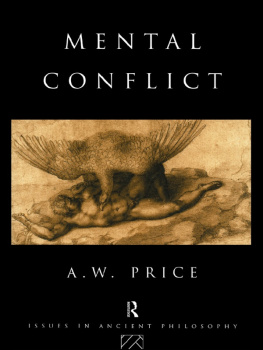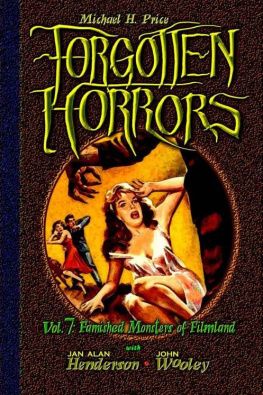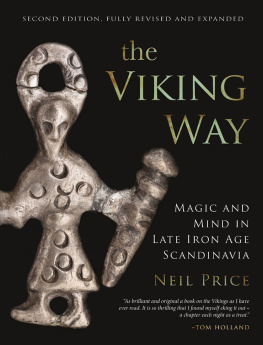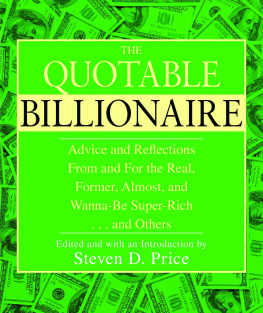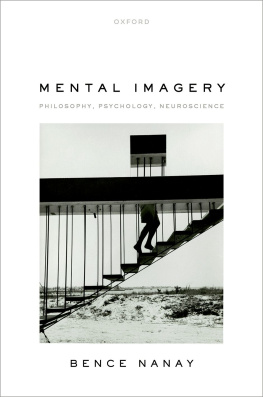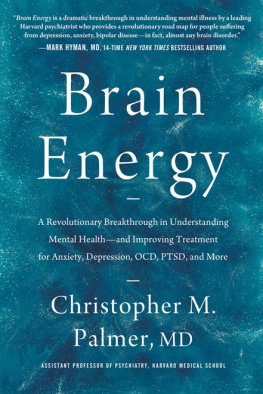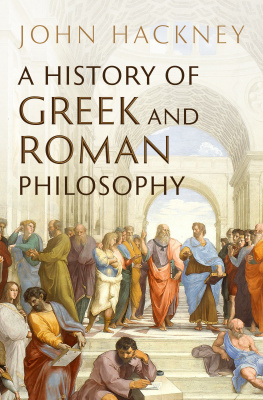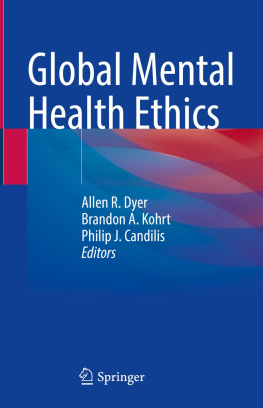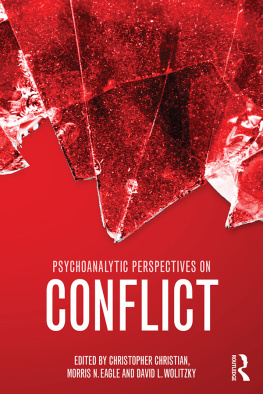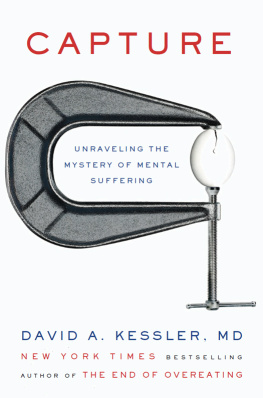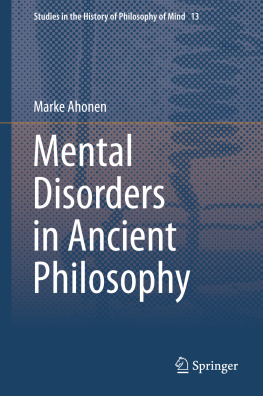PREFACE
This volume owes its existence to two pieces of good fortune, an invitation from Malcolm Schofield on behalf of Routledge, and an appointment to the Center for Hellenic Studies in Washington, DC for 198990. Together, they provided me with the stimulus and opportunity to explore a perennial topic about which we should still be able to learn much from a reflective study of Greek philosophy.
I know no scholar for whom a year at the Center was not a period in paradise. I was further lucky that my time there fell within the ideally beneficent and sagacious reign of Zeph and Diana Stewart, whose kindness and conversation were relished by everyone. Otherwise my happiness owed most to two friends: Andrei Lebedev, whose spontaneity, warmth, and intensity introduced me to a new and un-English style of friendship, and Peter Cockhill, who made a virtue of absence by a constant and stylish correspondence in which a unique personality was always present. Of course America is a land of companionship: old and new friends whom I made or met there included Henry and Hazel Dicum, John and Kate Ferrari, Dick and Catherine Hare, Ian Ker, Tony Long, David Mabberley, Paige Newmark, Martha Nussbaum, Tom and Peg Olshewsky, Michael Pakaluk and his family, Andrei Rossius, Chris Shields, Tatyana Tolstaya, and Stephen White. As for my dedication, What would bechance at Lyonnesse/While I should sojourn there/No prophet durst declare.
I am indebted to Malcolm Schofield not only for inviting this book, and then awaiting it patiently, but for improving it all materially. I am also grateful for written comments on parts of it from John Ferrari, Chris Shields, and Christopher Taylor. Some late revisions were prompted by the kind loan of two papers by John Cooper; a summary of his reconstrual of Posidonius in Annas (1992) had already awakened me from dogmatic slumber. The unnecessary deficiencies that remain, and do not derive from sheer oversight, may be blamed on lack of stamina: as E.M.Cioran has written,
A work is finished when we can no longer improve it, though we know it to be inadequate and incomplete. We are so overtaxed by it that we no longer have the power to add a single comma, however indispensable.
I fear that I may be found ungenerous to the living, if not overscrupulous towards the dead, in making so much reference to primary texts, but often rather little to secondary literature. In fact, I have been continually educated by contributors to the present renaissance in the philosophical study of the Greeks. I gained from my old tutor Anthony Kenny a first realization that reading texts can be, like death, well, a biggish adventure. That lesson has been refreshed by the example of Martha Nussbaum, who inimitably displays how to live dangerously; anyone who infers from our livelier differences of opinion that I am ungrateful for the enlivening is ignorant of the rules of the game. My understanding of Aristotles moral psychology owes most to Loening (1903), a lucid and selfeffacing work that is transparent to a cornucopia of citations (which is why I shall not refer to it again). It will be more evident how much I have learnt about the Stoics from Inwood (1985). Were I intending to make a direct contribution to modern philosophy, I would be hard put to it to match the virtues of Pears (1984) and Gardner (1993). As it is, it is work enough to aspire towards the high standards of Gregory Vlastos, a great scholar and good man whom we all miss; No matter. Further and further still/Through the worlds vaporous vitiate air/His words wing onas live words will.
I am aware that readers and reviewers in a hurry would prefer a book less densely written than this one. As Chabrier remarked of his opera Gwendoline, it needs to be taken in dilution. I hope that the patient student, using what I write as a commentary upon the texts and not as a substitute for them, will come to attend to them more keenly, whether in the Greek or in translation. Philosophical exegesis is a dialectic of attending to texts and having ideas, but interpreters ideas that are not ways of reading or explaining or assessing particular points in a text inhabit a limbo between interpretation and free invention which is usually (though not always) a habitat of second-rate philosophizing. I have less hope, or desire, that my conclusions should be generally accepted; for I have to confess that, despite the good fortune of the invitation and the appointment, I would have hesitated to embark upon this topic if I had been able to predict how difficult it would turn out to be.

